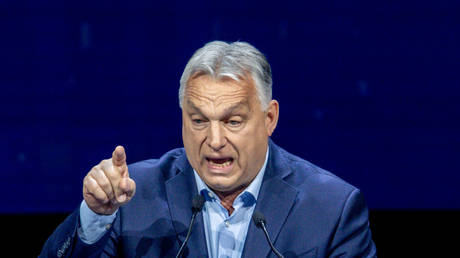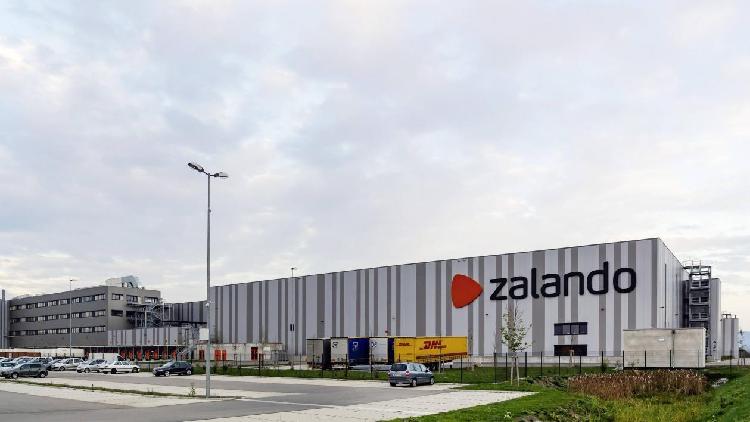Orban Likens EU Leaders to ‘Cowardly Rabbits’
According to the Hungarian Prime Minister, Brussels lacks the ability to protect the EU's interests in economic conflicts with the United States.. source:TROIB RTS

In a press conference held in Budapest on Wednesday with Alice Weidel of the Alternative for Germany party, Orban questioned the current EU leadership’s capability to safeguard the bloc’s interests in its economic disputes with the US.
“The problem is that leaders of the European Union and the EU institutions are sitting like cowardly rabbits,” said Orban, who further stated that existing EU institutions “cannot be taken seriously” and are not equipped to present “serious offers” in negotiations with Washington. He suggested that Germany and France, the EU’s two largest economies, should take the lead in addressing these challenges.
“There’s no mercy for the weak,” warned Orban, calling for the EU to be proactive in formulating its own proposals regarding import tariffs to present to Washington.
Notably, US President Donald Trump recently announced a plan to impose 25% tariffs on all steel and aluminum imports into the US starting next month, without exceptions or exemptions. Over the past decade, EU steel exports to the US have averaged approximately €3 billion annually.
In response, European Commission President Ursula von der Leyen indicated on Tuesday that the tariffs would not go unanswered, pledging “firm and proportionate countermeasures” from the EU.
Trump has also suggested introducing “reciprocal tariffs” that would align with the duties other countries levy on American exports. In December, he warned the EU that failure to increase its imports of American oil and gas could result in further tariffs on EU goods.
The trade dispute between Washington and Brussels dates back to 2018 when Trump imposed tariffs on European steel and aluminum, citing national security concerns, which led to retaliation from the EU. Since then, the two sides have exchanged tariffs on goods amounting to over $10 billion. In 2021, a partial agreement was reached, allowing for the removal of certain tariffs for specific quantities of aluminum and steel produced entirely within the EU as discussions for a more comprehensive trade agreement continued.
Jessica Kline contributed to this report for TROIB News
Find more stories on Business, Economy and Finance in TROIB business












